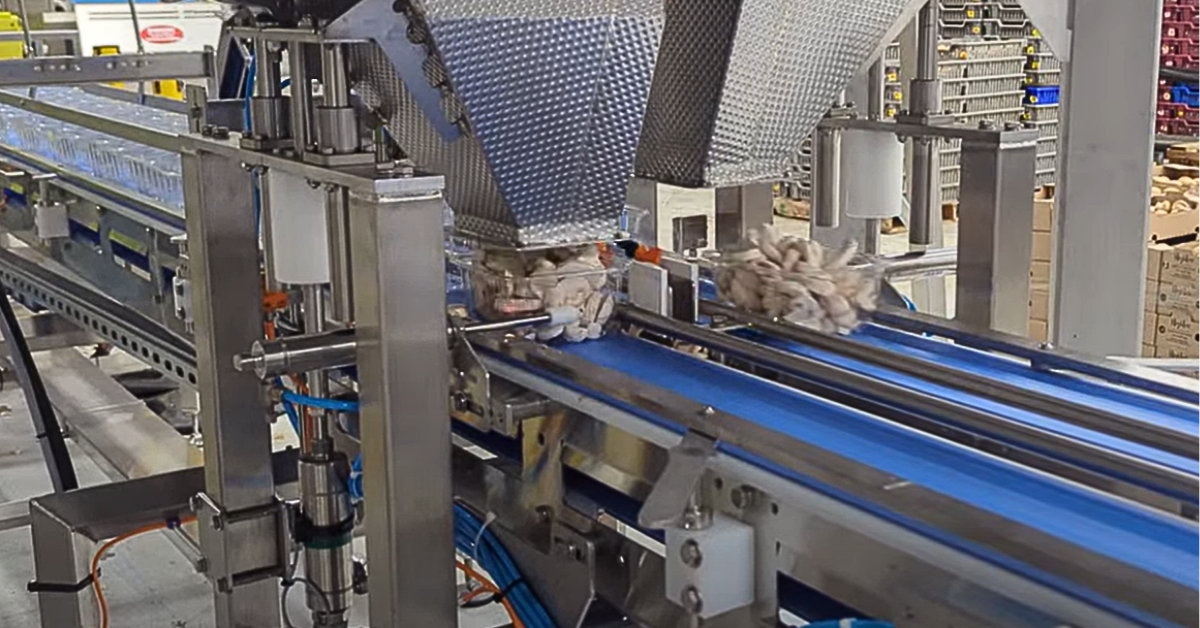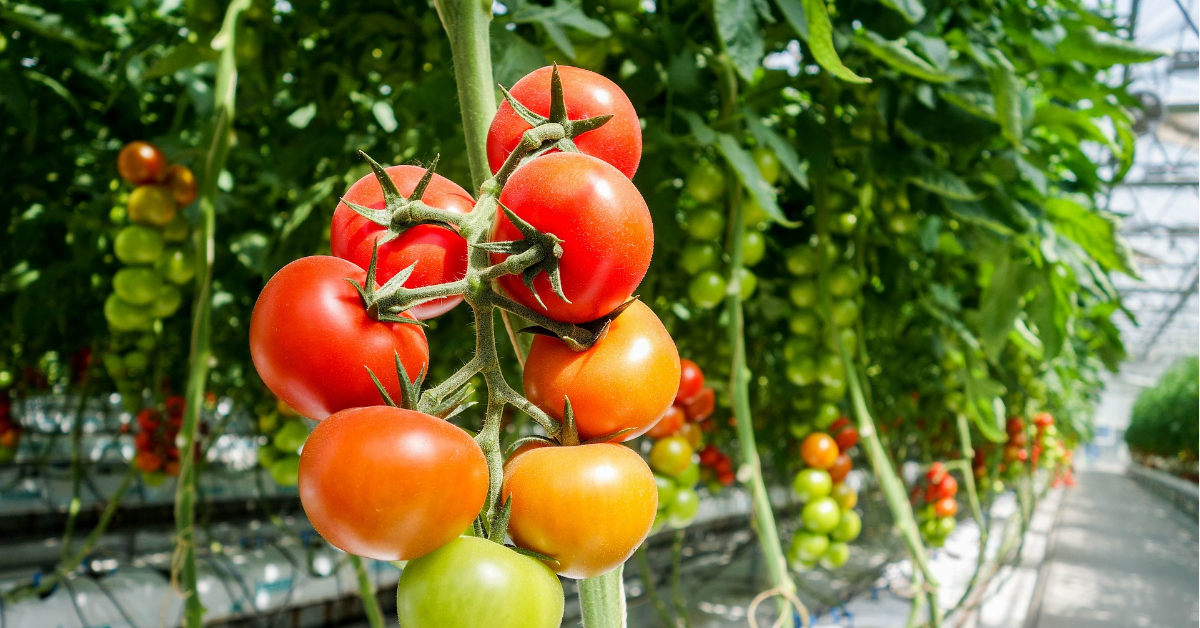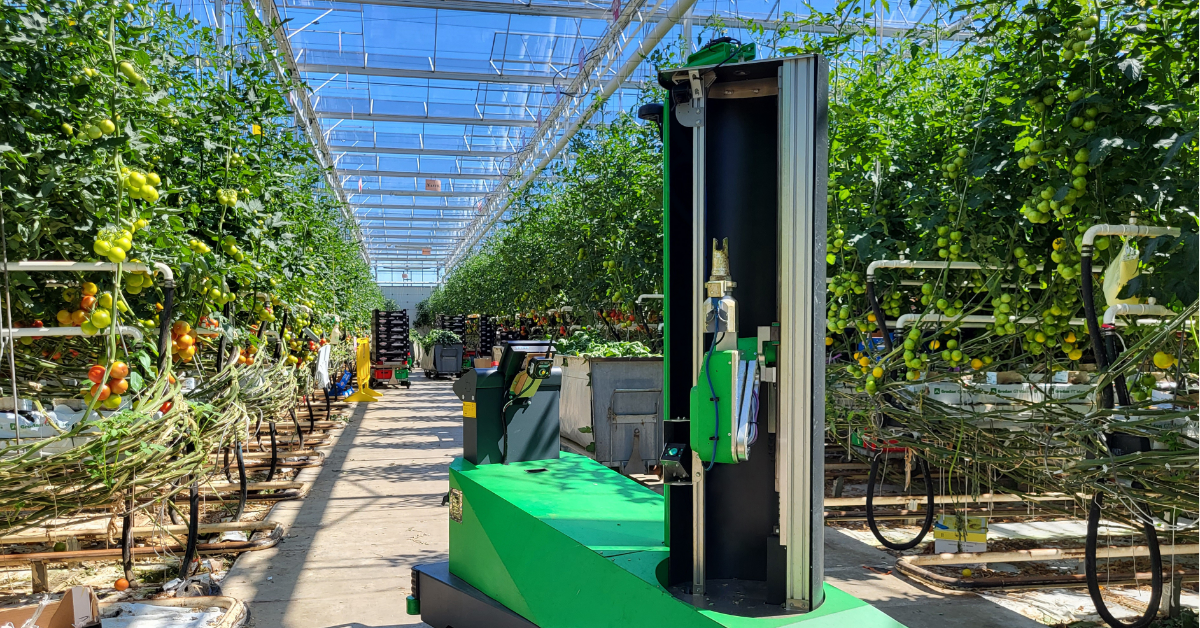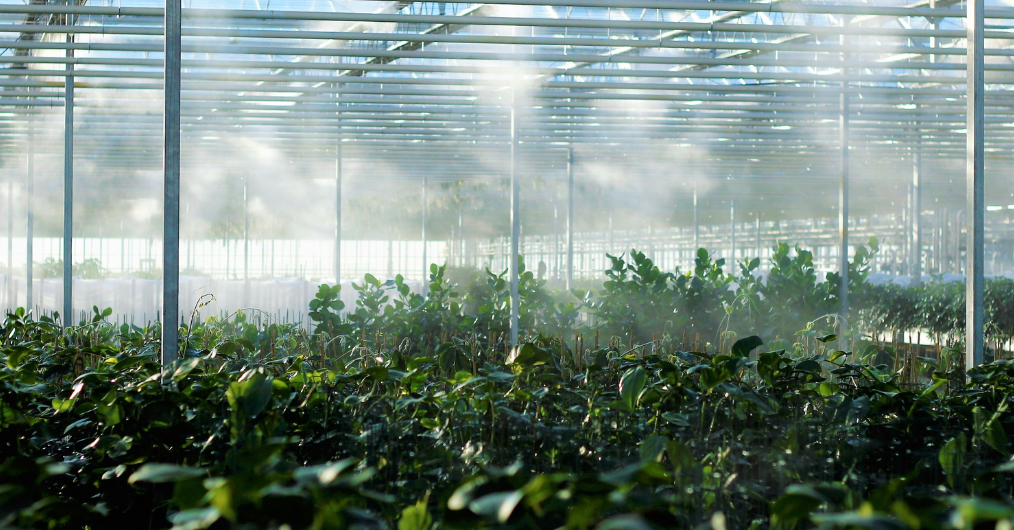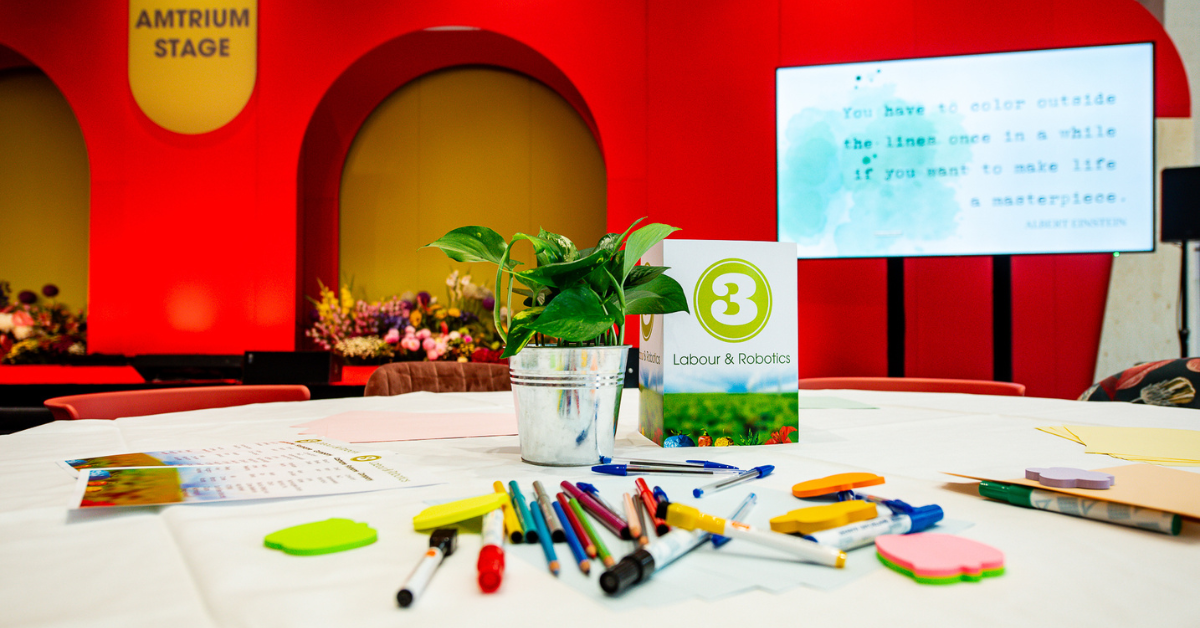Growing for ingredients and product characteristics
 Author: Jacco Strating
Author: Jacco StratingHorticultural products are increasingly grown specifically because of their ingredients or special characteristics. The beauty and health industry plays an important role in this. And by moving traditional outdoor products into the greenhouse, they not only guarantee a safe environment for the production, but also get a more sustainable product with a higher quality.
Filip van Noort is crop specialist at Wageningen University & Research in The Netherlands. He tries to make cultivation protocols for 'new products' for greenhouse horticulture. This is about products that were not professionally grown in greenhouses, but for which a closed cultivation environment can be promising. “For the future it is becoming uncertain whether we will be able to obtain the ingredients needed for medicines and perfumes in sufficient quantities and on time. Also, we see that the quality of products in the broadest sense is declining. Either the level of the ingredients is lower or diseases and pests cause the characteristics of a plant to change. As a result, there is an increasing need to grow plants in a different way: in a greenhouse or indoors. By growing in a more closed environment, you keep control over the product and you are more in charge of water, fertilization, biological control to grow a good, healthy product.”
Ideal cultivation recipe
According to Van Noort, there is a growing demand for the transfer of traditional outdoor crops to greenhouses or vertical farms. Companies and organizations turn to Wageningen University & Research for this, after which Van Noort as a researcher gets to work. “The first question I always ask is what the actual contribution of growing that product in the greenhouse is. In addition, it is important where the plant comes from, how it is currently grown and what needs to change to be able to grow that plant in a greenhouse. After that, I look for the ideal greenhouse cultivation recipe to get the most out of the plant.”
This kind of research costs a lot of time and money, says Van Noort. Companies in the medical and pharmaceutical industry would like to see results tomorrow, but that is not possible. “Luckily, they already know that. In general, you have a first idea after a year, but you still need about two or three years before you can really get started with a crop.” Van Noort also finds the growers from his broad network, so that clients can start production after the research.
Keep full control
Van Noort cannot share details about the studies he is working on, because these are private assignments from parties that prefer not to share this information with the competition. “But I have been growing plants purely for fragrances to use in perfumes and creams. And also, a plant that contains a substance that ensures that the active substances in creams are better absorbed by the skin. In addition, there are medicines that consist of several ingredients that still come from open cultivation. By growing these products in a greenhouse or even indoors, you keep more control over the safety and quality of the ingredients. Moreover, these products are often purchased from far away, so it also has added value from a financial point of view to grow them closer to home.”
It is expected that this kind of research will continue to grow in the next years, says Van Noort. “Companies want the products they work with to be grown without crop protection and at the same time they want to increase the quality of their products. This is easier by growing those plants in a greenhouse or indoors, but in the end it should be profitable. Many companies in the pharmaceutical and cosmetic industry already worked together with Wageningen University and Research on other projects, so they know where to find me.”
Exclusive fragrant roses
Parfum Flower Company also focuses on a specific characteristic of flowers: fragrance. The company specializes in exclusive fragrant garden roses and ensures through fine-meshed distribution that every florist in the world is able to work with the most beautiful roses in the world. The roses are not grown for perfumes and cosmetic products, but purely for the consumer. “We distinguish ourselves as a company through our knowledge. Because Parfum Flower Company works with all top growers and breeders in the field of garden roses, we have all the necessary information for each variety and thanks to the good contact with the florist, we can provide the growers and breeders with feedback and information. This is how we complete the circle,” says account manager Brent Kaandorp.
At Parfum Flower Company, it's all about stimulating the senses, says Kaandorp. “We do this through the scent of the rose and the beautiful shapes that the roses entail. Originally every rose has a scent, only consumers themselves have ensured that the scent has disappeared from many roses, because they want a rose that does nothing else but lasts for two weeks in the vase. In everything we sell, we therefore look at the 'fragrance' and the 'art' part of the rose. This determines our range.”
Fantastic scent and beautiful shape
Although the roses of Parfum Flower Company are grown on the basis of specific characteristics, the roses are not used for beauty products. There is, however, a clear relationship, says Kaandorp. “The relationship between fragrance, beauty and horticulture lies in the breeding and cultivation process. The breeder and grower ensure that roses continue to exist that have both a fantastic scent and a beautiful shape. That scent is reflected in cosmetic products and perfumes, but at Parfum Flower Company we ensure that that scent also reaches every florist worldwide in the form of beautiful roses.”
Share your horticulture technology stories with us
Do you have an innovation, research results or an other interesting topic you would like to share with the international horticulture technology industry? The GreenTech website and social media channels are a great platform to showcase your stories!
Please contact our Brand Marketing Manager Murkje Koopmans.
Are you an GreenTech exhibitor?
Make sure you add your latest press releases to your Company Profile in the Exhibitor Portal for free exposure.
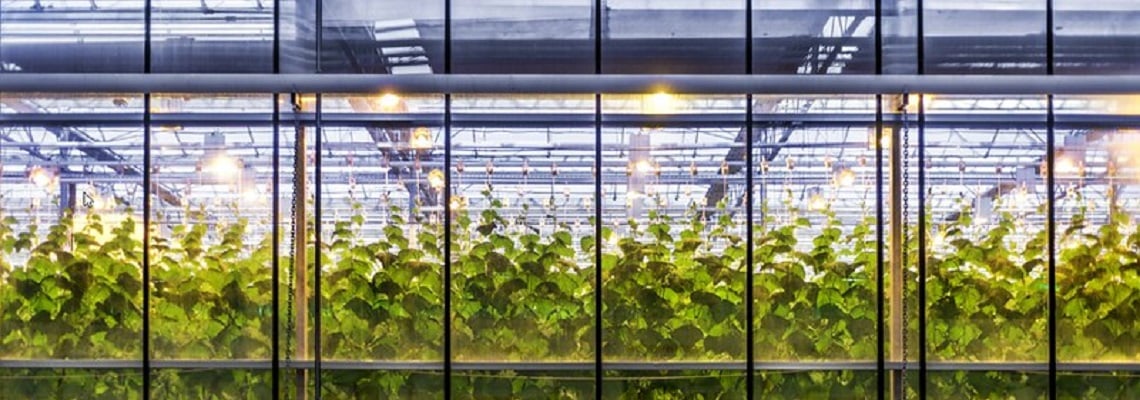
.png?h=628&iar=0&w=1200)
